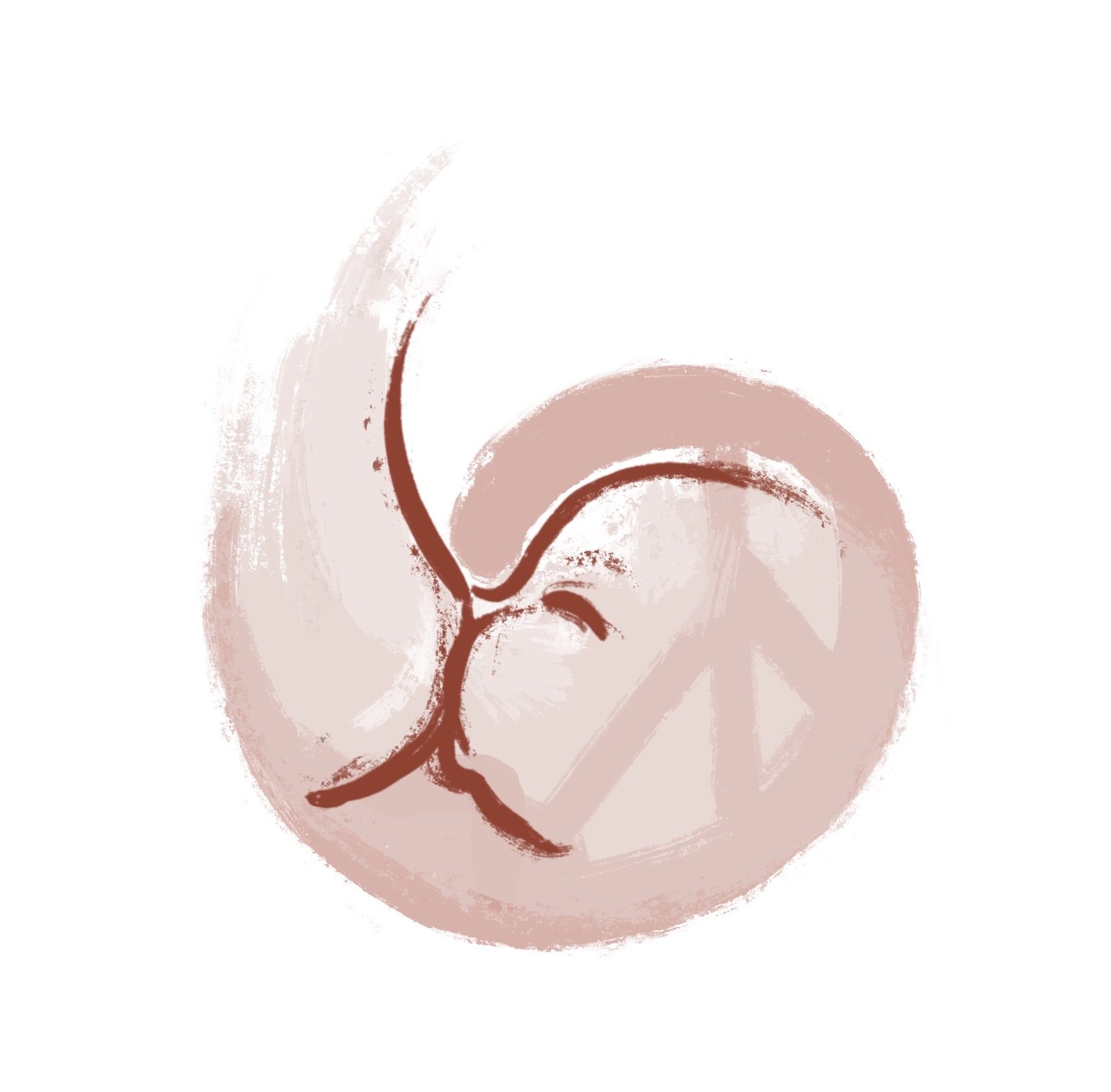Are you a breastfeeding counsellor, midwife or paediatric nurse with in-depth experience in caring for young babies?
You want to help refugees who arrive in Germany (or other European countries) with babies and need advice on breastfeeding and infant care?
You speak a foreign language (currently mainly Ukrainian, Russian, but also others) or are willing to offer counselling with the help of a translator?
You are willing to offer free* counselling in your city, on site, by phone or by video meeting?
Then you’ve come to the right place 🙂
The background
In the context of the war in Ukraine, a great many people are currently coming to Germany and to our friendly EU countries. The willingness to help seems to be boundless, but the need for help is also very big.
Many of the refugees from Ukraine are women with children, some of them babies or even newborns. They need special protection and help. The arriving families are under great stress: separated from home, flat and family, they need the support of all of us in many areas of life.
Stress – among many other aspects – can have a very negative impact on the breastfeeding relationship. It jeopardises the functioning milk-giving/let-down reflex and increases the risk of milk engorgement, mastitis and premature weaning, among other things.
Good breastfeeding counselling can help to keep breastfeeding (or partial breastfeeding) working. We suspect that because of the current situation, many mothers are experiencing breastfeeding problems.
But beyond breastfeeding, young mothers also need support in terms of baby care, developmental issues, etc.:
Even in „normal“ times and in their own familiar environment, small babies often bring many worries and questions with them, which, however, can often be quickly resolved with the help of experienced family members or professional support from midwives, etc.
However, this uncomplicated help is not available to many refugees. And the hurdle of seeking help in a foreign country, in a foreign language can be immensely high.
That is why we want to provide counselling for mothers and families with babies and especially for breastfeeding mothers on our website. At the moment, this is mainly for refugee families from Ukraine, but in the future it will also be for people from other countries who cannot afford counselling.
And that’s where we need your help.
The process
If you are interested in supporting our cause, just write or call us. We only want to act as a mediator with this page and enter your contact details in a constantly updated list so that people in need can reach you directly.
We need your name, address (at least nation, city/town), a phone number for easy contact, the languages you speak, what you can offer (breastfeeding counselling, help with baby care) etc. and how you would like to provide counselling – only by phone, by video call, or even in the context of a home visit or in your practice. If you have a homepage, please also include it.
Important: The content of the counselling is of course your responsibility – this site only acts as a mediator helping to find someone available for free consulting.
We consider it a prerequisite that you are either a midwife or paediatric nurse, or work in another medical profession and have undergone further training in the field of breastfeeding counselling or infant care. You must provide us with official proof of your professional activity or further training (e.g. by scan), which we will check. Please understand that we do this – we want to prevent abuse and provide women with competent counselling.
Do we also include men in the list?
Please understand that we do not do this at the moment. Unfortunately, we have no way of verifying the data sent, but we would like to protect the women who have fled from possible abuse of their situation in any case.
About us
We are Anastasia and Tobias – she a lactation consultant and paediatric nurse, he a paediatrician in Hamburg. Since the beginning of the war in Ukraine, we have been thinking about how we can help at least a little with limited time (3 small children + work) and financial resources.
